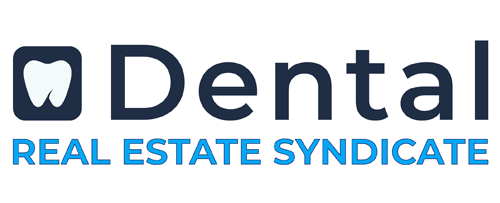Dental Service Organizations (DSOs) are transforming the dental industry, enabling dental practices to optimize their operations and focus more on patient care than ever before. This article dives into what DSOs are, their rising popularity, their profound impact on the dental sector, and the dynamics involved when dentists decide to sell their practices to these entities.
What Are Dental Service Organizations (DSOs)?
DSOs are management entities that provide comprehensive non-clinical support services to dental practices, effectively allowing dentists to concentrate on patient care. Services provided by DSOs typically include:
- Billing and Collections: Enhancing the financial efficiency of dental practices.
- Human Resources: Streamlining staffing, recruitment, and training processes.
- Marketing: Crafting strategies to bolster patient acquisition and retention.
- Compliance: Ensuring dental practices comply with prevailing healthcare regulations.
By centralizing these critical functions, DSOs help dental practices to enhance operational efficiency and boost profitability.
The Rise of DSOs
The proliferation of DSOs began in earnest in the late 1990s and early 2000s as the healthcare landscape shifted towards consolidation. As dental practices grappled with increasing operational complexities and regulatory demands, many dentists found relief in partnering with DSOs to streamline management and enhance profitability. Key factors contributing to the rise of DSOs include:
- Increased Competition: The surge in dental school graduates intensified competition in the dental industry, prompting practices to seek distinct competitive advantages.
- Economic Pressures: Escalating operational costs and substantial student debt burdens pushed dentists toward partnerships that could mitigate financial pressures.
- Focus on Patient Care: Outsourcing administrative tasks to DSOs enabled dentists to dedicate more time to patient care, improving service quality.
- Access to Capital: DSOs often possess superior access to financing options, empowering them to invest in cutting-edge technology and comprehensive marketing initiatives that individual practices might find prohibitive.
Impact of DSOs on the Dental Industry
- Standardization of Care DSOs frequently implement standardized treatment protocols across their managed practices, leading to more uniform patient care and enhanced satisfaction.
- Operational Efficiency With DSOs handling the administrative load, dental practices can focus on clinical duties and patient relationships, potentially boosting revenue and practice growth.
- Practice Valuation The involvement of a DSO can significantly enhance the valuation of dental practices. Dentists looking to sell their practices often find that DSOs are prepared to offer premium prices for well-managed, profitable practices.
- Market Consolidation The expansion of DSOs has led to considerable consolidation within the dental industry, with many independent practices merging or aligning with DSOs to maintain competitiveness. This trend may result in fewer independently owned practices over time.
The Landscape of DSOs
Recent estimates suggest there are over 1,000 DSOs active in the United States, varying widely in size and operational scope. From large DSOs managing hundreds of practices nationwide to smaller, localized entities, the DSO landscape is diverse:
- Private Equity-Backed DSOs: These DSOs are supported by private equity investments, facilitating rapid scaling and significant capital expenditure on advanced technological assets and marketing.
- Non-Profit DSOs: Aimed at delivering affordable dental care, particularly in underserved areas.
- Franchise Models: Permit independent dentists to join a larger network while retaining some degree of autonomy.
Real Estate Considerations for Dentists in DSO Transactions
A critical element of DSO transactions is the handling of the real estate where the dental practice operates. Often, DSOs do not purchase the real estate, leading to several potential scenarios for the selling dentists:
- Lease Back Arrangements: Dentists may lease their property back to the DSO, securing a steady income stream while enabling uninterrupted DSO operations.
- Real Estate Sale: Options include selling the real estate separately to the DSO or another buyer, providing the dentist with additional liquidity.
- Retaining Ownership: Dentists might choose to keep ownership of the property, leasing it to the DSO and thus generating long-term rental income.
Conclusion
DSOs are reshaping the dental industry by offering vital support services that enhance practice efficiency and focus on patient care. Their influence is fostering significant changes in practice management, valuation, and the broader market landscape. For dentists contemplating a sale to a DSO, understanding the implications for their professional and financial futures, especially concerning real estate decisions, is crucial. As the dental industry continues to evolve, DSOs will undoubtedly play a pivotal role in shaping its future.

